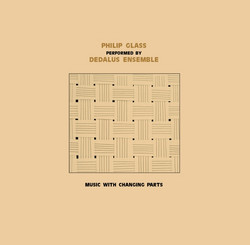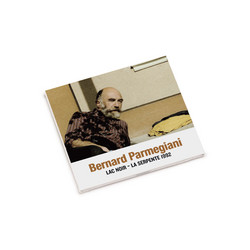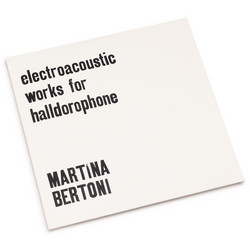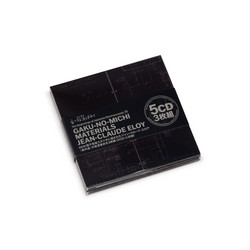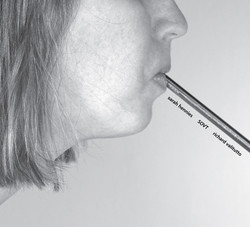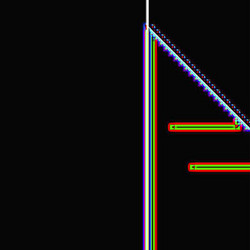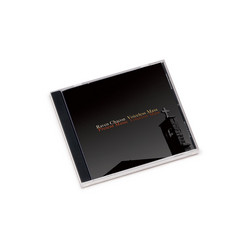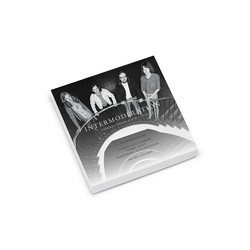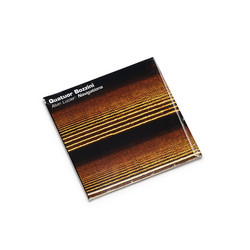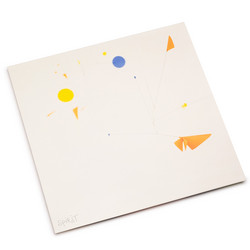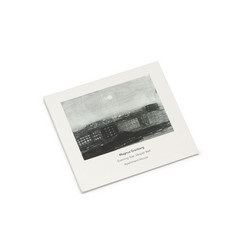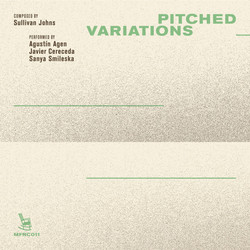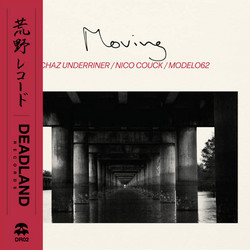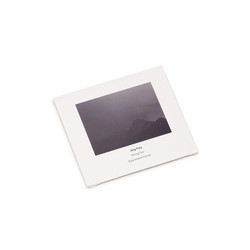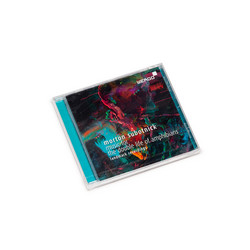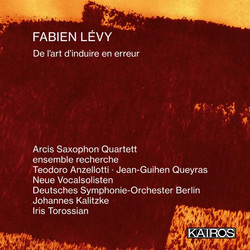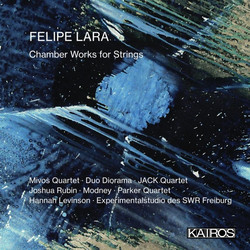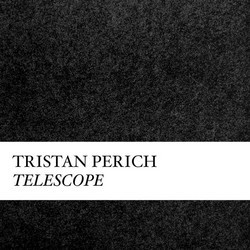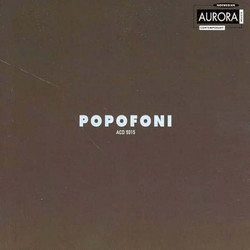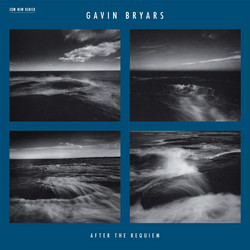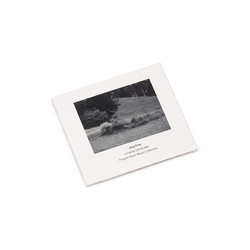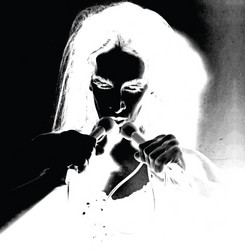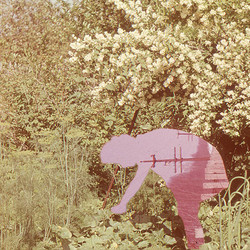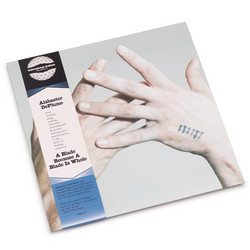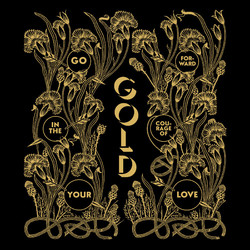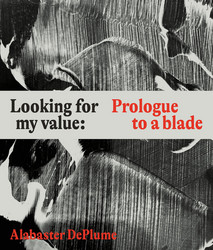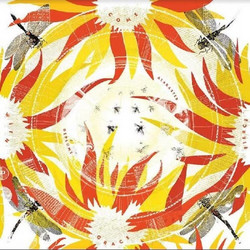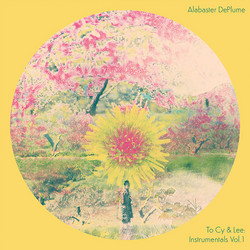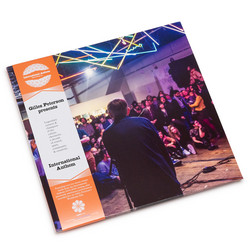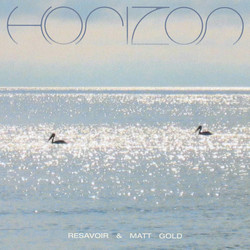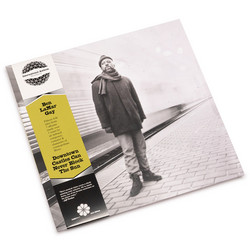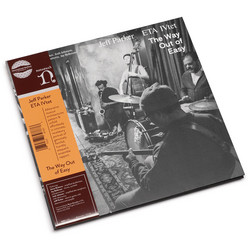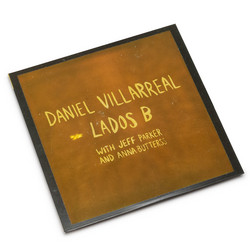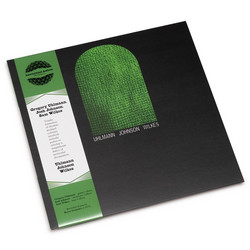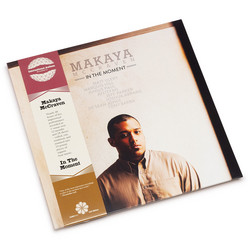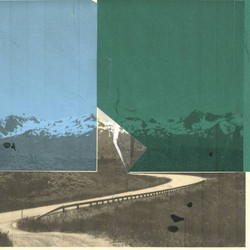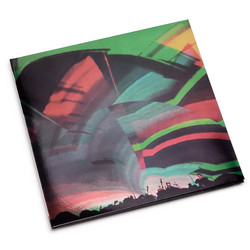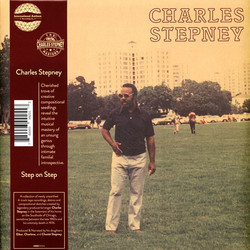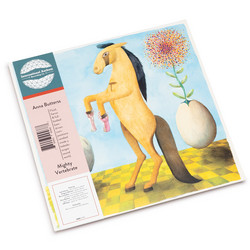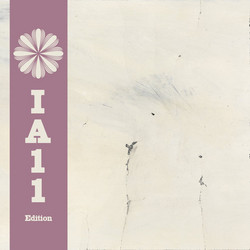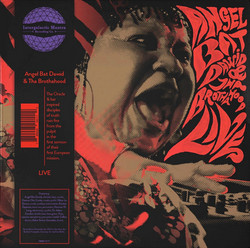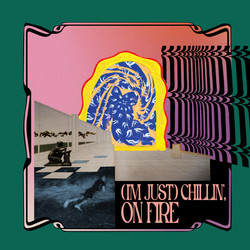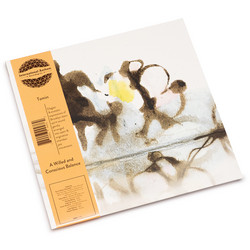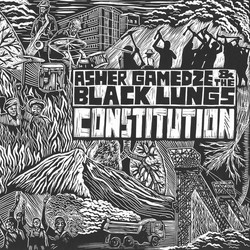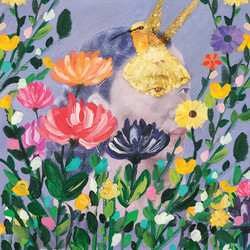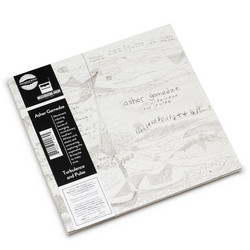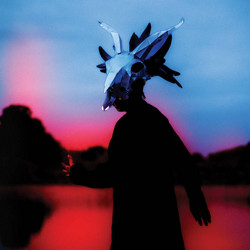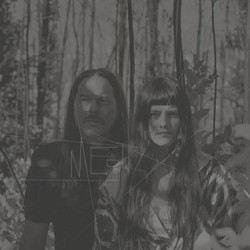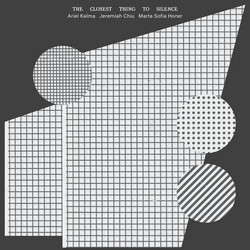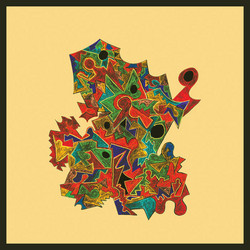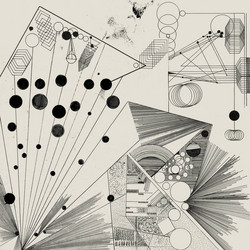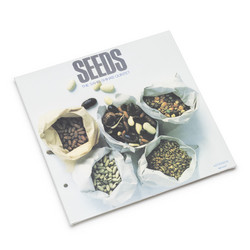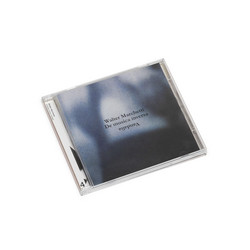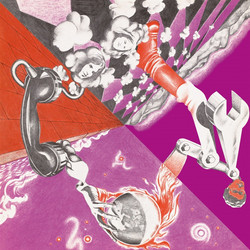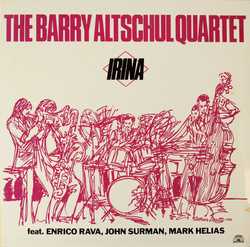Alabaster DePlume
Gold (2LP)
The lightning rod for Alabaster DePlume’s luminous follow up to the widely-acclaimed 2020 release To Cy & Lee: Instrumentals Vol. 1 was personal. “Someone was going through a thing,” says the Mancunian poet-performer. “I said, ‘go forward in the courage of your love’. And then I thought 'yeah, that's what I need to hear as well’.” Gold is a sonorous double album that celebrates the communal act of making music and the relationships that can be explored when you purposefully avoid the standard way of doing things.
It contains filmic pieces that oscillate between the otherworldly and the trenchantly grounded, rendered maximally human through the recording process. There is laughter mid-track and studio chatter. There is the music of shouting and applause generated by a handful of people who were listening from the doorframe and the corridor. Complex vocal harmonies circle the songs like small birds and there’s an undercurrent of steely toughness, necessitated by the musician’s engagement with personal vulnerability and collective politics. In late summer 2020 Alabaster DePlume (real name Gus Fairbairn) booked two weeks of sessions at the influential Total Refreshment Centre in London, recording to tape with Kristian Craig Robinson (aka Capitol K). He invited a different set of musicians each day, who would record the same tunes at the same speed so that DePlume – who produced the record – could cut them together later, like ingredients. “They didn’t have enough preparation to be able to hide behind this piece of material or skill,” he says. “They had to look up and respond to each other, and that’s what we've recorded.”
There were two rules that were essential to the process: that musicians wouldn’t be given enough time to rehearse and that they wouldn’t listen back to the music they recorded. “The method is part of the mission. It wasn’t like school. We had mayhem. We were having fun. That’s the story and the process – and I want to live that way,” he says.
